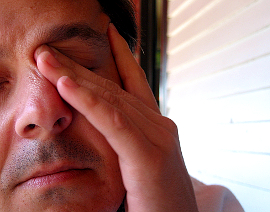- 905.829.0724
- info@yourhealthwellnesscentre.com

The fall can sometimes feel overwhelming! With kids back to school, activities starting, the dreaded return to making school lunches, and work projects ramping back up, it’s hard to find the energy to keep up with it all, especially if you aren’t getting enough sleep, a common complaint among adults. Everyone likely knows that it doesn’t feel great to be tired all the time, but research is mounting that poor sleep can have more serious detriments. Being tired increases your risk of getting into a car accident, increases your risk of mental health disorders, increases your risk of physical health issues such as high blood pressure and heart disease, and impairs your work/school performance.
So, maybe the fresh start in the fall should also be a time to look at your sleep habits and make some changes. Basic sleep hygiene can go a long way for some people in improving sleep. Here are a few tips:
Wishing you a restful night’s sleep!
Resources
http://www.mayoclinic.org/diseases-conditions/insomnia/symptoms-causes/dxc-20256961
https://sleepfoundation.org/sleep-topics/sleep-hygiene
https://www.scientificamerican.com/article/q-a-why-is-blue-light-before-bedtime-bad-for-sleep/